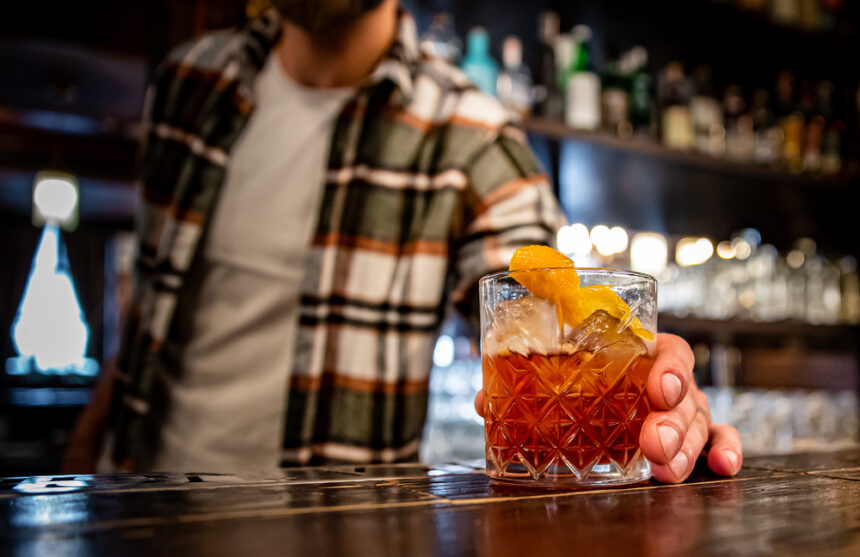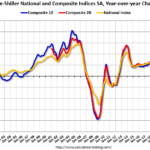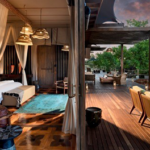As I write this, I’m sipping a Negroni at Record/Cocktail Lounge. One of the owners, who makes the best cocktails west of the Mississippi and dresses like the guys from Wayne’s World, is a Buc-ee’s sponsor and I’ve been chatting about the town’s changing food scene. The town has something amazing called the Beer Muda Triangle, three craft breweries that offer live music and a pleasant respite from the Busch Lights and Stag. The owners and head brewers of these breweries are on hand for our conversation. Today’s topic is how to best support the town’s monthly First Friday, a kind of pub crawl-meets-art exhibition event.
It’s not new for these guys to work together. They collaborate with other businesses and with each other to come up with novel ideas. For example, two of these breweries don’t have food service licenses. To save costs, they offer menus from several restaurants, which customers can order directly, add to their bill, and have the food delivered from a few doors down. It’s a win-win-win! The brewery doesn’t have to bear the costs and responsibilities of a kitchen, and they can keep their customers seated. I don’t have to leave the premises to eat, and there’s only one bill to deal with. The restaurant doesn’t have to bear the costs and responsibilities of a liquor license, and they can continue to sell food to people who aren’t on the premises! These collaborations are a great way to compete but still complement each other.

Competition is often perceived as fierce. Companies can use the political process to defend themselves against competition or target competitors. For example: Wright Amendment of 1979The Wright Amendment, repealed in 2014, was a federal law that regulated traffic at Dallas’ Love Field. It was enacted after Southwest Airlines refused to vacate Love Field to make way for the relocation of its Dallas-Fort Worth airfield, and it prohibited all airlines from operating transport-category aircraft with more than 56 seats outside of Texas and surrounding states. (Southwest’s main competitor, American Airlines, which is based in the Dallas-Fort Worth area, was of course the exception.)
I’m sipping a cocktail and pondering these ideas in my head. Who said that? competition Do they need to be cutthroat and antagonistic? After all, everyone around me is competing for my hard-earned entertainment dollars. But they are here, fully aware of their competitors, and trying to create their own niche. It seems counterintuitive that they are here, effectively undercutting their competitiveness. But they understand the environment in which they operate. They can’t compete on price with the big brewers and chain restaurants, but they can compete on variety. This added variety creates more wealth, not just for the beer-waste triangle, but for all of us. We have a wealth of options and new experiences to spend our entertainment dollars on. They cooperate, but at heart, compete, collaborate, and create, for their own good. In a world where open and honest competition is in short supply, it’s heartening to see that, at least in our microcosm, a total cynicism of the world around us has not yet taken root.







